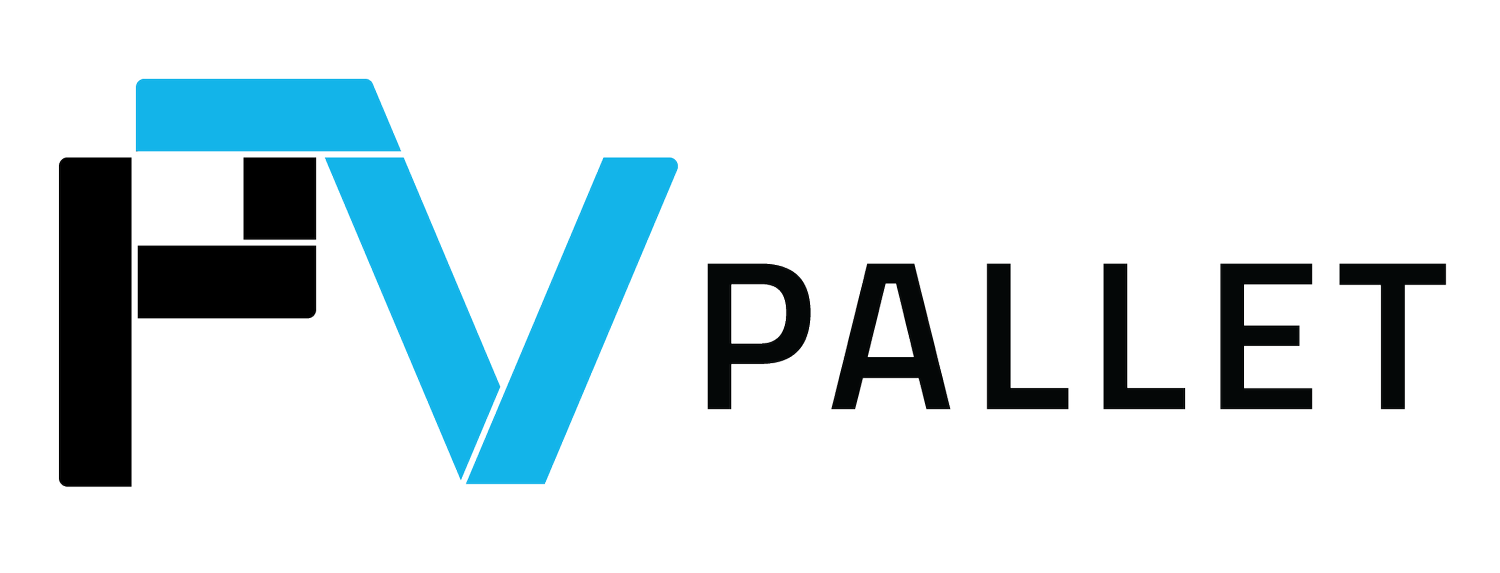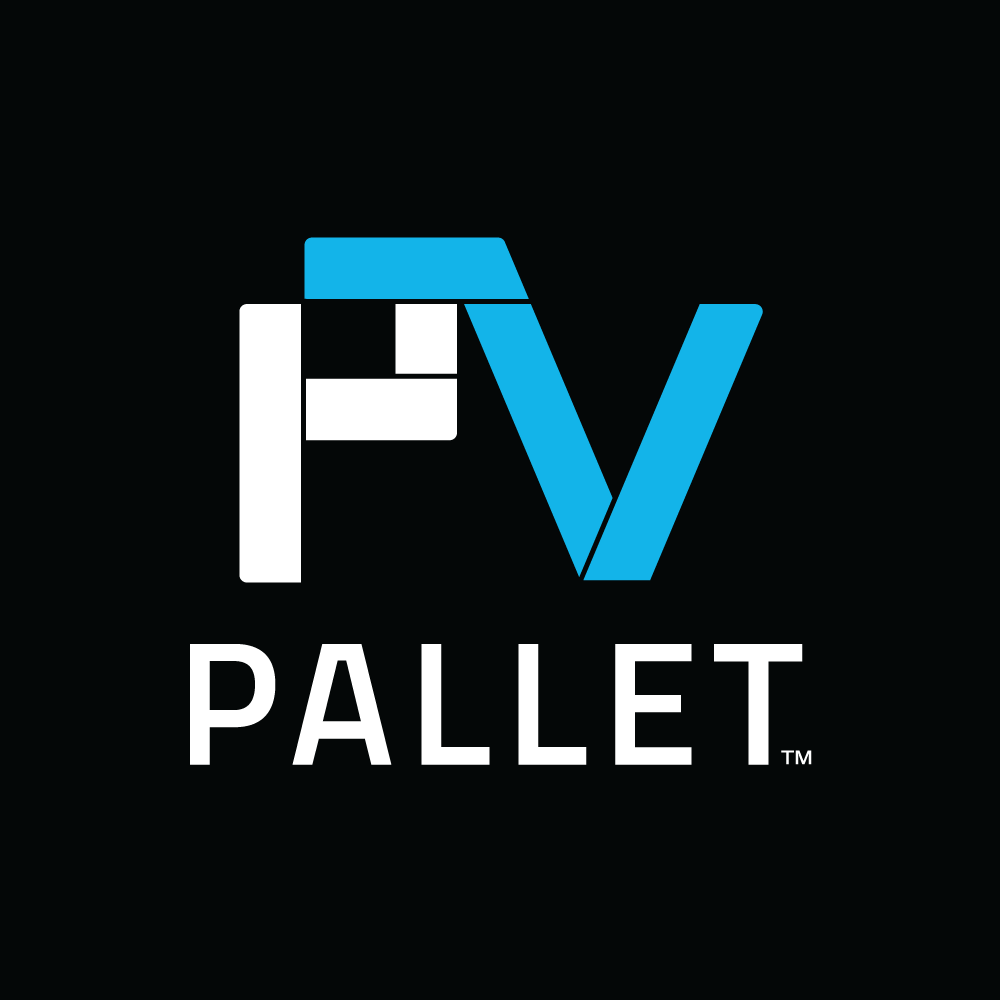Team Member Spotlight: Luke Phelps, Co-founder of PVpallet
PVpallet cofounder Luke Phelps has always had a lot of milk jugs and laundry detergent bottles in his future.
Milk jugs? Laundry detergent bottles? Don’t worry. We’ll get to that.
First you need to know a few things about Luke.
Luke Phelps has always had a strong interest in business. In fact, he ran multiple businesses during college, doing construction and building houses. Speaking at a recent entrepreneurial event hosted by 1 Million Cups, Luke described running those businesses and following the beat of his own drum. “College was a hobby,” he said.
When the housing market eventually declined, Luke moved back to his hometown of Kirksville, Missouri, to help his dad run the family farm. Ever the entrepreneur, Luke soon began running an agriculture seed and application business, handling 75 – 80% of the custom applications across five counties within five years. During this time, the agriculture industry was transforming. Businesses and farmers in the industry were foregoing cheap, disposable bulk bags in favor of a reusable container system. The reusable plastic containers were admittedly more expensive than disposable bulk bags but far superior in functionality. “Once farmers got their hands on them,” Luke noted, “that’s all they would use.”
It wasn’t long before Luke was using some of the profits from the sale of that business to install a solar system for his home—and realizing that the solar technologies were, in a word, incredible.
Naturally, Luke’s excitement soon became his next business venture: a solar installation company known as Red Barn Solar. In fact, Red Barn Solar would greatly impact Luke’s future.
(Remember all those milk jugs and laundry detergent bottles? We’re getting to those. If not for Red Barn Solar, they might never have been a part of this story.)
For the next decade, Luke grew Red Barn Solar into a thriving solar installation company that predominantly served large, commercial chicken and hog facilities across Northeast Missouri, even going above and beyond solar installation to help farmers receive grants to cover the costs of solar installations. He and his team saw firsthand how the installation of 150 – 250 solar modules could slash a client’s energy bill from $2000 to about $100 a month.
Luke and his team saw firsthand how the installation of 150 – 250 solar modules could slash a client’s energy bill from $2000 to about $100 a month. But they also faced some unexpected problems.
As Red Barn grew, Luke and his team faced some unexpected problems that stemmed from solar module shipping standards: inefficient storage, breakage, and piles of wood waste.
During one of their largest installations, an uneven bit of ground and a flimsy wood panel resulted in an entire pallet of broken solar modules, adding to the truckloads of trash that had to be hauled from the job site and eating into Red Barn’s profit. On average, wood pallets were responsible for a 2 – 3% solar module breakage rate. They were difficult to use, unsteady when stacked, and filled dumpsters with wood waste after every job.
It was time to rethink solar shipping.
Inspired by the reusable seed boxes he saw when running his farm supply store, Luke began developing the concept for PVpallet Series X in January of 2019 with several goals in mind: to reduce solar module breakage, to be able to stack several pallets without putting weight on the solar modules themselves, and to eliminate waste by using material that could be recycled into new reusable pallets.
To be successful, Luke knew he needed a great team.
After selling Red Barn Solar, Luke brought key team members with him to develop the solar panel pallet. He recruited others from the solar industry itself.
Acknowledging that “you have to know your weaknesses well to see someone else’s strengths,” Luke has collaborated with his excellent team for over two years on design, engineering, materials, and processes—through the ups and downs of 6 – 8 design iterations—to get where they are today.
Which is, by the way, with a design that meets all of their original goals. PVpallet Series X can be stacked without putting weight on the solar modules. The team anticipates a breakage rate of less than 1%. The pallets will be made out of 98% recycled material that can be reground into a new pallet at the end of its life cycle. Their adjustable pallet even fits 80 – 90% of solar models on the market today—and they are working on custom solutions for the outlying 10 – 20%.
Unsurprisingly, Luke and the PVpallet team have had some early indicators of success. Potential clients are eager to share their own data because they believe in PVpallet’s solutions. Companies are already reaching out to ask how they get their product shipped in PVpallet Series X.
In other words, Luke and his team have designed and created a solar panel pallet that will become an asset to solar companies—not a landfill-bound liability. PVpallet isn’t only Luke’s future. It’s the future of the solar shipping industry.
And what is that future actually made of?
Recycled milk jugs, laundry detergent bottles, and other plastic waste of course.


